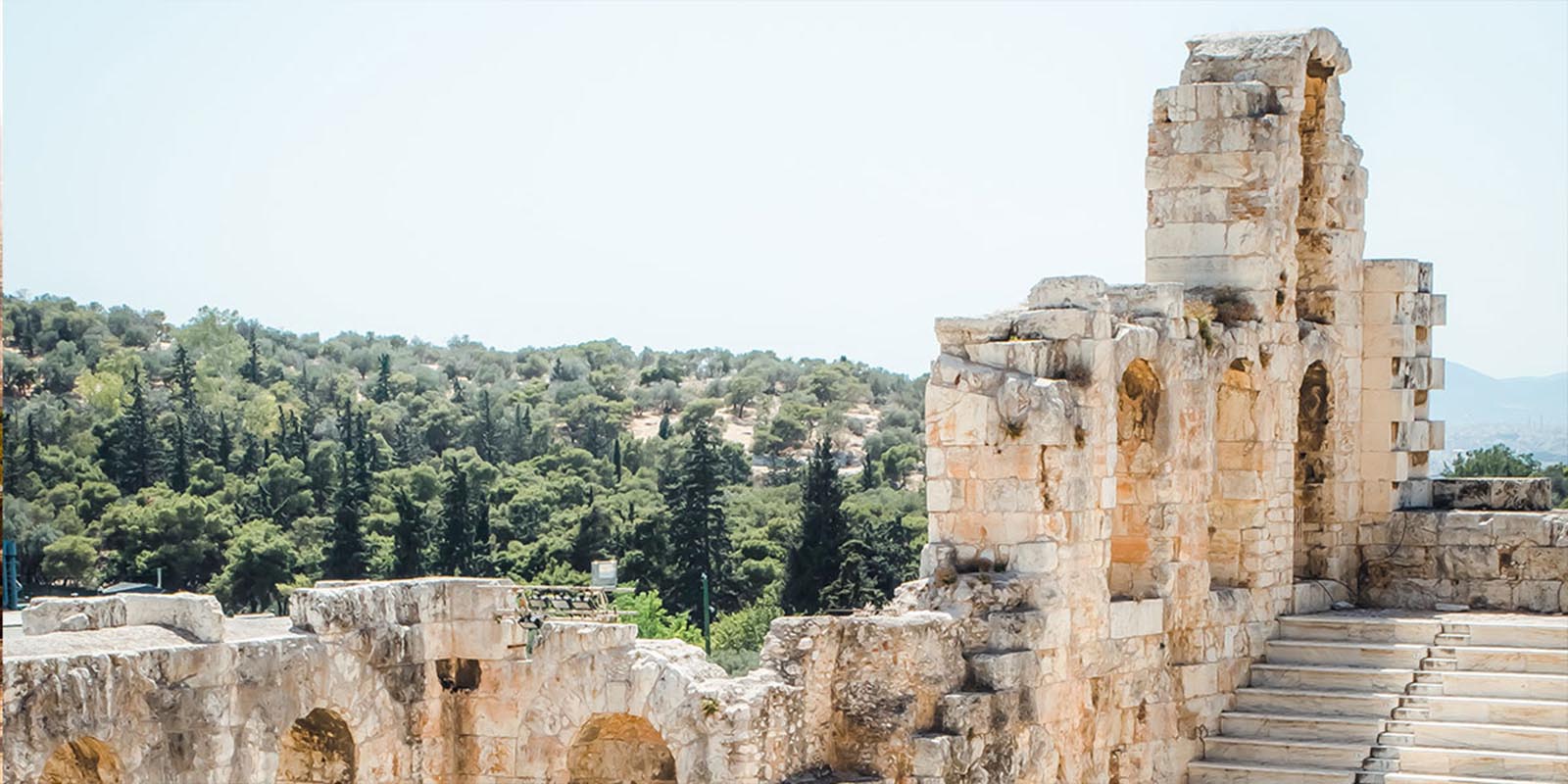

The ancient Olympic Games were a series of athletic competitions held in Olympia, Greece, beginning in at least 776 BCE and continuing for almost 12 centuries until 393 CE. The Olympics were part of a religious festival dedicated to Zeus, the king of the Greek gods.
Origins: The exact origins of the ancient Olympic Games are shrouded in mythology, but they are believed to have started in 776 BCE. The games were held every four years and became a central part of Greek culture.
Religious Significance: The Olympics were held in honor of Zeus, and the games were a key component of the larger religious festival, the Olympic Festival, which included sacrifices, ceremonies, and rituals.
Frequency: The ancient Olympics were held every four years, and this four-year period, known as an Olympiad, became a unit of time measurement in ancient Greece.
Events: Initially, the ancient Olympics featured a single event, the stadion, a short footrace. Over time, other events were added, including wrestling, boxing, the pentathlon (comprising discus, javelin, long jump, running, and wrestling), chariot racing, and horse racing.
Athlete Eligibility: Only freeborn Greek men were allowed to participate in the ancient Olympics. Women were prohibited from competing, and athletes had to swear an oath that they had trained for at least ten months and would abide by the rules.
Pan-Hellenic Unity: The Olympics played a role in fostering a sense of pan-Hellenic unity among the diverse city-states of ancient Greece. A truce, known as the "Olympic Truce," was declared before and during the games to allow safe passage for athletes and spectators.
Olympic Truce: The Olympic Truce, which began a month before the games and extended until a month after, allowed participants to travel to Olympia without fear of conflict. This truce was a manifestation of the Greeks' commitment to the sacredness of the games.
Victor's Laurel Wreath: The prize for Olympic victors was a simple olive wreath (kotinos) made from the sacred olive tree in Olympia. While there were no material prizes, the honor and prestige associated with winning were significant.
Professionalism and Amateurism: Unlike the modern Olympics, where professionalism is allowed, the ancient games were strictly for amateurs. Competitors had to be Greek citizens and were not allowed to receive payment for their athletic endeavors.
Decline and End: The decline of the ancient Olympic Games is often attributed to the rise of Christianity. In 393 CE, the Roman Emperor Theodosius I ordered the closure of all pagan festivals, including the Olympics, officially bringing an end to the ancient tradition.
Revival: The idea of reviving the Olympic Games gained traction in the 19th century. The modern Olympic Games were first held in Athens in 1896, marking the beginning of the modern Olympic era.
The ancient Olympics held in Olympia were more than mere sporting events; they were a reflection of Greek values, religious practices, and a celebration of physical prowess. The legacy of the ancient Olympics lives on in the modern Olympic Games, which continue to be a global celebration of athleticism and international unity.

During the Ancient Greek Olympics, athletes competed entirely in the nude as a tribute to the gods, highlighting the celebration of the human body and its perfection.
Ancient Greek art and architecture, with its harmonious proportions and timeless elegance, continue to inspire awe and admiration millennia later.
Discover
Greek mythology, a rich tapestry of gods, heroes, and mythical creatures, captivates the imagination with its tales of love, betrayal, and epic adventures that delve into the depths of the human psyche.
Discover
Ancient Greek history, marked by remarkable achievements in democracy, philosophy, and warfare, shaped the foundation of Western civilization, leaving an indelible legacy of innovation and cultural influence that continues to resonate to this day.
Discover
The ancient Greek Olympics, held in Olympia every four years, celebrated athleticism, unity, and cultural pride, serving as a testament to the enduring spirit of competition and excellence that transcends time and borders.
Discover
Ancient Greek wars, such as the Persian Wars and the Peloponnesian War, were pivotal conflicts that shaped the course of history, highlighting the struggle for power, independence, and the clash of civilizations in the ancient Mediterranean world.
Discover
Ancient Greek culture and society, characterized by its emphasis on art, philosophy, and civic engagement, fostered a vibrant intellectual and social landscape where innovation flourished, democracy thrived, and the pursuit of knowledge and excellence was celebrated as fundamental values of civilized life.
Discover
Find out more about ancientgreece.com